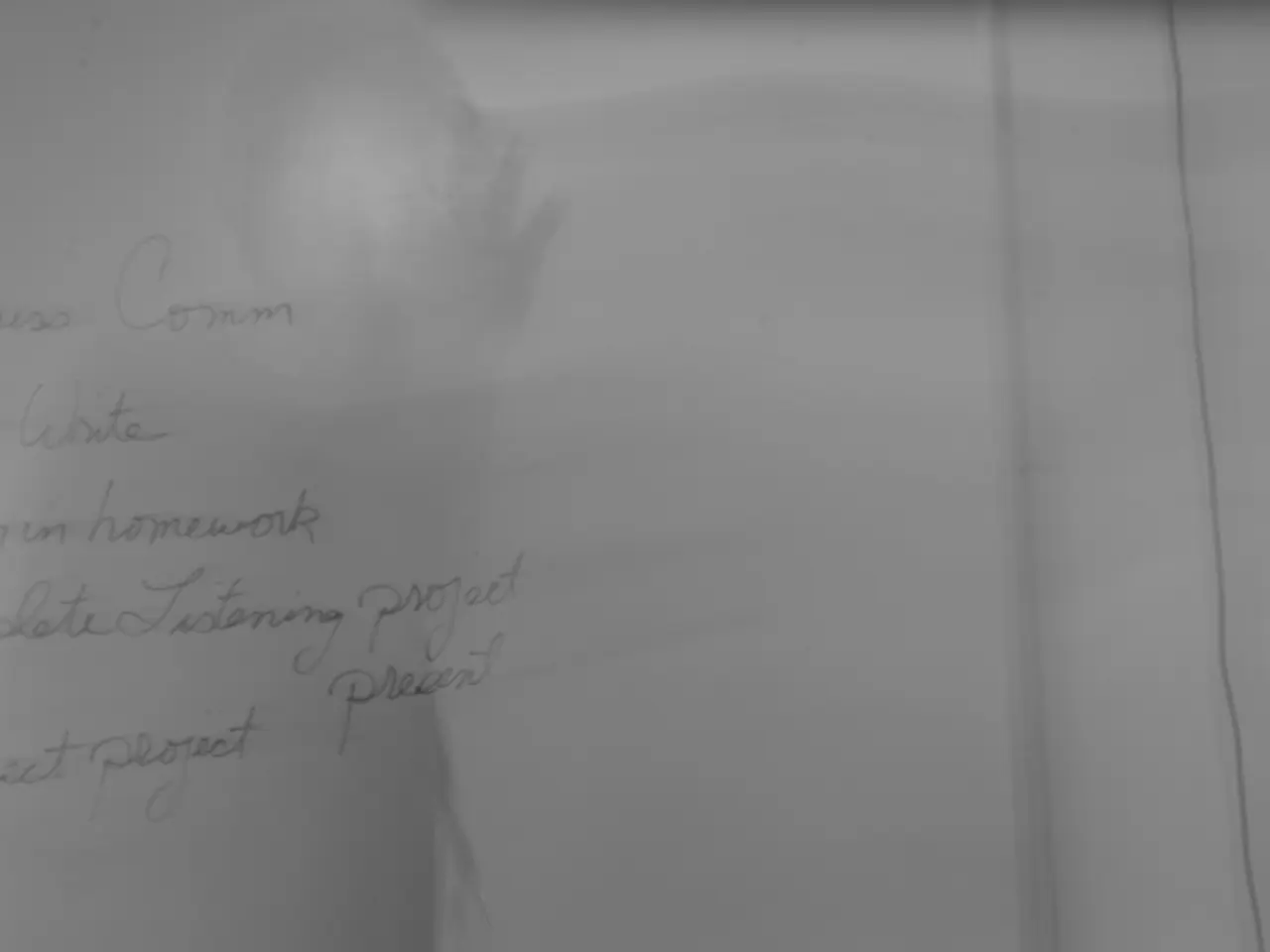California's Subscription Legislation Secures Another Triumph
New York Strengthens Subscription Regulations, Aligning with California's Auto Renewal Law
In a move to bolster consumer protections, New York has revised its Prohibited Service Offer Practices law, effective November 5, 2025. The changes aim to enhance transparency and consumer control of subscription services, mirroring California's well-established Auto Renewal Law in many ways but with some distinct requirements.
The new rules in New York require affirmative consumer consent or the option to cancel before any price increases, advance notification for material changes to service terms, and cancellation options accessible through the same channels consumers used to enroll. The law also mandates clear presentation of renewal terms and cancellation procedures, and for free trials, consumers must be able to cancel before being charged. Advance notice is required for renewals of one year or longer.
California's Auto Renewal Law, which has been in effect for several years, focuses on preventing deceptive automatic renewal practices. It mandates clear and conspicuous disclosure of auto-renewal terms before purchase, requires affirmative consent before the transaction is processed, and offers easy, toll-free cancellation methods.
While New York's 2025 amendments extend and update regulations, they also align with California’s approach on transparency and consumer choice. However, they add procedural specifics enhancing consumer control, especially around price increases and trial periods.
The latest update comes as California's Auto Renewal Law has led to settlements with various businesses, including Peacock and SeaWorld. The federal government's "click-to-cancel" subscription rule was recently blocked by a federal appeals court. In a notable case, HelloFresh will pay $7.5 million to settle a civil lawsuit in California, with the complaint alleging that the company failed to clearly disclose subscription terms, did not obtain affirmative consent before charging customers, and neglected to offer a simple and accessible cancellation mechanism.
Businesses using subscription models across the country will need to stay on top of developments in California's Auto Renewal Law, as it is considered one of the strongest subscription regulations in the nation. New York aligns with this strong stance, making it essential for businesses to comply with both states' regulations to maintain consumer trust and avoid legal issues.
In settling the suit, HelloFresh admitted no liability. The company's statement regarding the settlement emphasized its commitment to customer transparency. In New York, businesses must clearly detail cancellation instructions before requesting consumer consent for automatic renewals.
Other states like Illinois, Massachusetts, and Minnesota have also revised their laws around subscription renewals and fees recently, but with different emphases. It's crucial for businesses to stay informed about these changes to ensure compliance with the evolving regulatory landscape.
[1] [Source] [2] [Source] [3] [Source] [4] [Source] [5] [Source] (These sources are not provided in the original bullet points and are likely for further reference or research)
Read also:
- Deepwater Horizon Oil Spill: BP Faces Record-Breaking Settlement - Dubbed 'Largest Environmental Fine Ever Imposed'
- Lawsuit of Phenomenal Magnitude: FIFA under threat due to Diarra's verdict, accused of player injustice
- Expansion of railway systems, implementation of catenary systems, and combating fires: SNCF adapting to the summer heatwave
- Citizen Thekla Walker, Minister, advises: "Let's focus on our own homes first"








